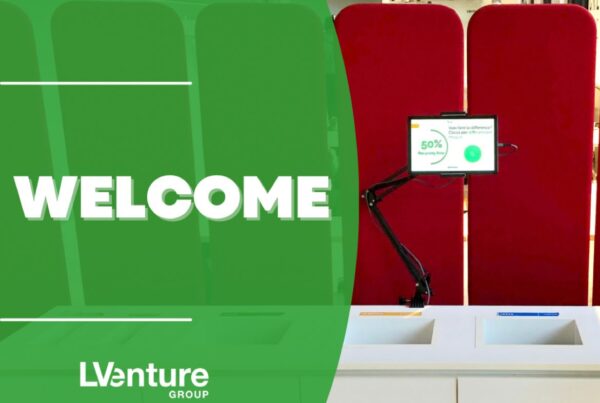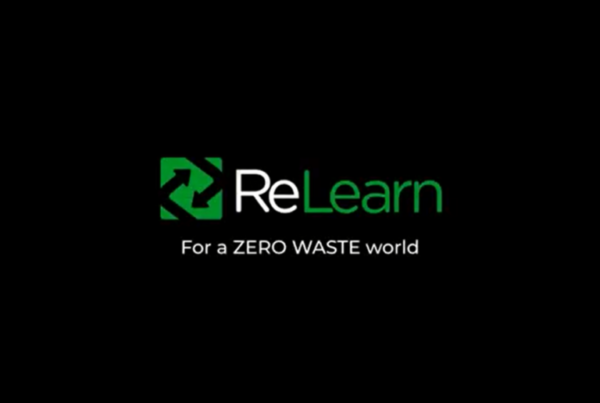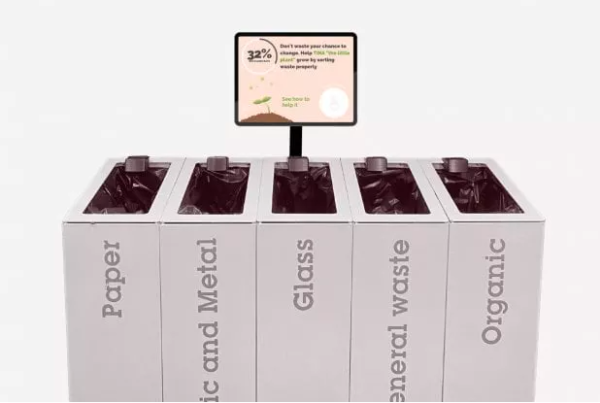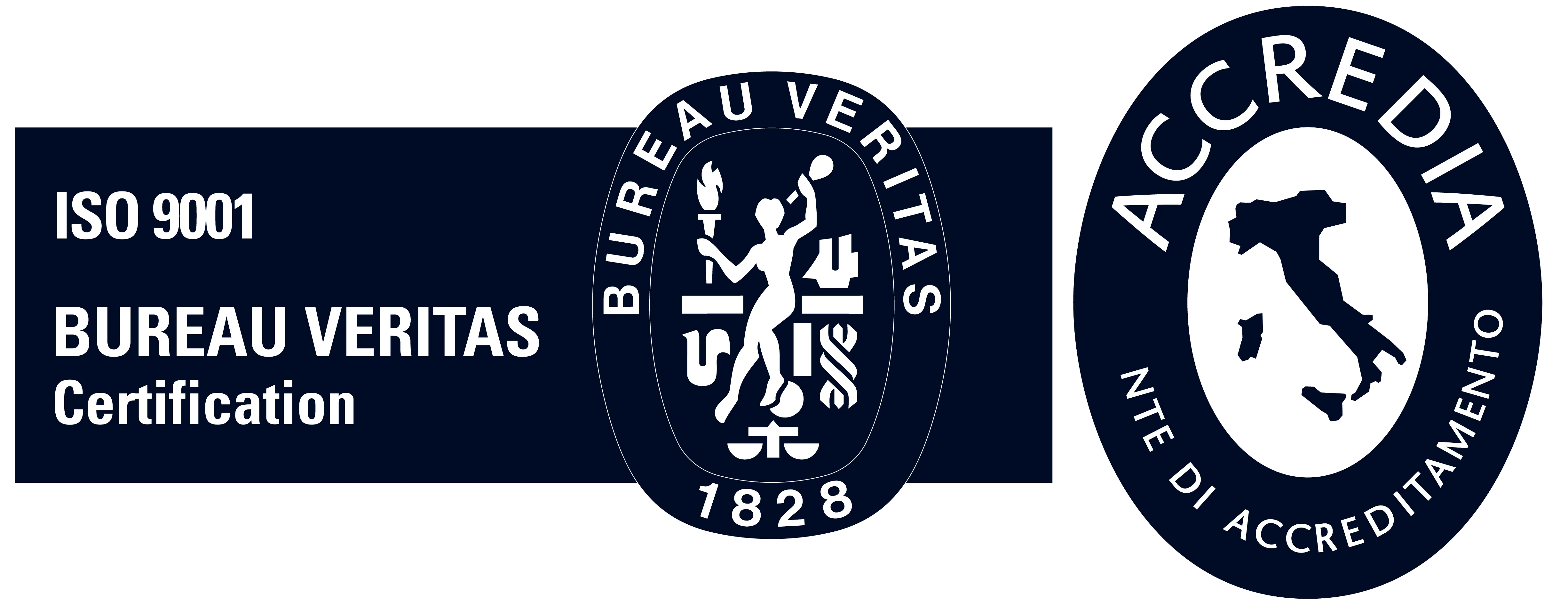NANDO Impact: Lavazza Group case study
With over 125 years of history, Lavazza Group is one of the most globally recognized Italian brands. Innovation, quality, and sustainability have always been at the core of its strategy—not only in coffee but also in internal processes and initiatives involving employees, suppliers, and communities.
It is within this context that the collaboration with NANDO was born. Aiming to improve waste management in offices, what started as an operational challenge turned into an opportunity to enhance efficiency and sustainability. This project is a tangible example of how technology can generate real impact in companies.
The Challenge: Improving Office Recycling
In large corporate environments, waste management often proves more complex than expected:
-
Sorting rules are not always understood by employees.
-
High contamination rates between recyclable and non-recyclable waste.
-
Higher operational costs due to sorting errors and fragmented procedures.
The result? Waste, inefficiencies, and a greater environmental impact than desired.
Lavazza Group chose to adopt NANDO, the AI-powered smart waste management solution, aiming to transform a widespread problem into an opportunity for improvement and innovation.
The Solution: Not Just Technology, But Active Employee Engagement
The initiative developed on two complementary fronts:
-
Smart Monitoring with NANDO: AI enabled real-time data collection and analysis of office waste flows, identifying critical points and opportunities for improvement.
-
Engagement Through the Circular Challenge: A gamified internal challenge designed to raise awareness and motivate employees, turning recycling into a conscious, shared practice.
This combination made sustainability an integral part of the company culture, not just an operational procedure.
The Results: NANDO’s Concrete Impact in Just Six Months
The collaboration’s impact was measurable and immediate:
-
+60% in correct office waste sorting.
-
Streamlined and more efficient disposal procedures.
-
Reduced operational costs due to fewer errors and contamination.
-
A more sustainable work environment aligned with the brand’s values.
The Human Factor: The Power of Engagement
One of the main successes was employee engagement. The Circular Challenge created a climate of collaboration and healthy competition, strengthening the sense of collective responsibility and making sustainability a daily practice.
For a company like Lavazza, this result meant much more than improved operational metrics. It contributed to consolidating a corporate culture focused on positive change and sustainable innovation.
The Lavazza Group case study demonstrates that even in large corporate contexts, waste management can become a strategic driver of efficiency and sustainability. We thank Antonio Curlante and Lavazza Group for their vision and collaboration, which made these achievements possible.
With NANDO, Lavazza shows how the combination of technology and people engagement can drive real, measurable, and replicable change in other companies.
Join us in our Zero-Waste mission.
Visit our LinkedIn Page to stay updated: linkedin.com/company/re-learn
Or Book a Call with us: Contact us





